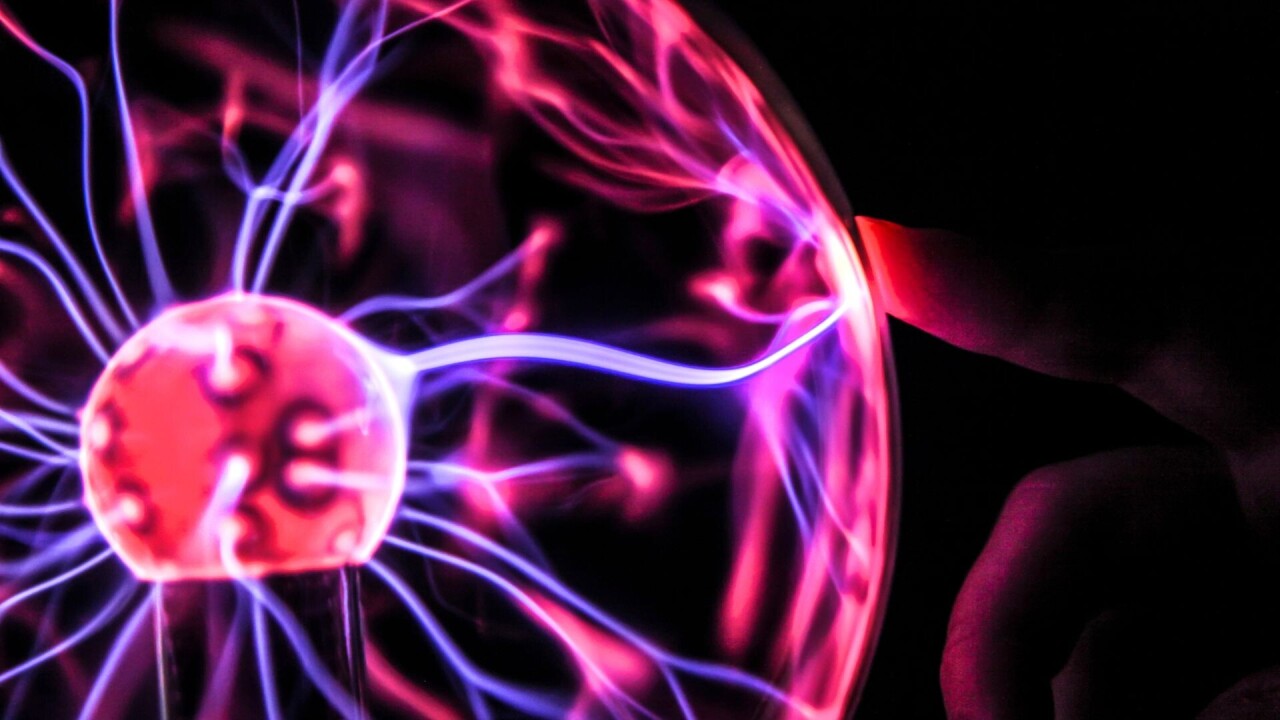Clean energy production from sources like nuclear, wind, and solar reached record levels in 2023, meeting over two-thirds of the EU's electricity demand.
Despite the progress, the Union must prioritise investments in innovative clean technologies that reduce its reliance on China, warns a new report by the EU's Institute for Security Studies.
Europe is notoriously dependent on China and other foreign powers for supplies of everything from solar panels and batteries to semiconductors.
But where exactly should the EU put its money?
“While the list of promising technologies that should merit greater attention is endless, limited resources call for prioritisation,” wrote energy analyst Lukas Trakimavičius, who authored the report.
“Given the need for rapid decarbonisation, it is crucial to focus on technologies with near-to-mid-term deployment potential.”
The report highlights four emerging technologies that could help Europe in its bid for energy security.
Next-generation geothermal
Harnessing heat from the Earth's core is an increasingly enticing opportunity for Europe.
Contrary to popular belief, you don't need massive volcanoes or steaming hot pools to generate geothermal energy. Next-gen technologies are emerging that can extract energy from kilometres below the surface.
This makes geothermal a viable option for countries like Croatia, Germany, and the UK that don't necessarily have boiling pools of water right beneath their feet.
The benefits of geothermal energy are numerous. It provides a virtually limitless, abundant clean energy source that can power homes when the wind isn't blowing or the sun isn't shining.
Geothermal could also boost energy security. Unlike solar panels or wind turbines, geothermal plants don't rely on rare or critical materials from foreign powers. Most can be built using off-the-shelf components from the oil and gas industry.

Nevertheless, geothermal generated only 0.2% of the EU's electricity in 2022. Most next-gen geothermal technologies are still in their infancy, but that looks to be changing.
Private investment in geothermal startups has skyrocketed in recent years, led by US billionaires including Bill Gates, Jeff Bezos, and Michael Bloomberg.
One US startup, Eavor, recently broke ground on its first commercial-scale project in Germany, which is set to switch on this year. The startup has raised over €1bn in funding to build another five geothermal projects in North America and Europe.
Europe would benefit from having its own geothermal unicorn company. The bloc's oil and gas expertise, abundance of suitable locations, and push to improve energy autonomy make geothermal energy an exciting prospect.
Sodium-ion batteries
Lithium-ion batteries are standard in everything from smartphones to EVs — but there could be a better alternative.
Sodium-ion batteries hold promise as a cheaper, safer, and more sustainable option. Plus, sodium is the seventh most abundant element on Earth and can be found pretty much anywhere, including in Europe.
Sodium-ion batteries also don't require cobalt, graphite or nickel, elements that are largely sourced from outside the bloc.
The catch is that sodium-ion batteries aren't as dense as lithium-ion. For some technologies, they're simply not suitable.
But for applications where power density is less crucial, like energy storage systems or EVs, they could be a “game-changer,” said Trakimavičius.
US startup Bedrock Materials recently told Fast Company it believes the cost savings from using its sodium-ion batteries could “make the $25K Tesla actually possible”.
Perovskite solar cells
Solar power produced 10% of the EU's total electricity in 2023.
Most of this energy was captured using silicon solar panels. Over 90% of these are imported from China.
But there's a new alternative on the block that could give Europe a competitive edge: perovskite. This mineral boasts several advantages over its silicon counterpart.
Perovskite's unique material properties mean it's better at absorbing solar energy. The average solar panel is about 15-20% efficient while perovskite can achieve 25% margins or higher.

It's also potentially more sustainable. Unlike silicon panels, which require high temperatures to manufacture, perovskite crystals can be grown at relatively low heat, slashing emissions.
While the EU's reliance on Chinese solar panels is unlikely to waver anytime soon, becoming a leader in perovskite solar cells “could contribute significantly to the EU's goals of reshoring its clean tech industry,” said Trakimavičius.
A startup from Oxford recently built the world's most efficient solar panel using a tandem perovskite-silicon cell. The panels have a theoretical efficiency of 43%, although this has yet to be achieved in a real-world setting.
Fuelled by a sizable €116mn in VC and government funding, Oxford PV is currently ramping up production at its factory in Germany as it looks to produce its hybrid solar cells in high volumes.
Advanced biofuels
You've probably heard about trucks, cars, and even planes running on old cooking oil. This is biofuel in its most crude form.
These days, advanced biofuels are emerging as a new class of renewable fuels to replace diesel. These fuels, which can be a liquid or a gas, are made from sources like agricultural waste and forest residues.
Biofuels do emit greenhouse gases, albeit in much smaller quantities than fossil fuels. However, they are often considered zero-emission fuels because their emissions are offset by growing new plants to make more biofuels — but this logic has its flaws.
“To some, doubling down on biofuels might seem like a step backward,” said Trakimavičius.
However, they could present a cleaner drop-in fuel that will allow hard-to-decarbonise transport modes like ships, planes, and trucks to swiftly move away from fossil fuels — while we wait for battery and hydrogen tech to catch up.
Like all the technologies we've covered, biofuels offer the EU a viable solution to achieve its climate and security ambitions. However, these are but a few of the many technologies that will be required.
Europe, which is often playing catch-up with the US and China, should play to its strengths, said Trakimavičius.
“The EU is well-positioned to be a clean tech powerhouse,” he said. “It boasts top-notch research infrastructure, a strong start-up scene, and is home to some of the boldest GHG reduction policies in the world.”
